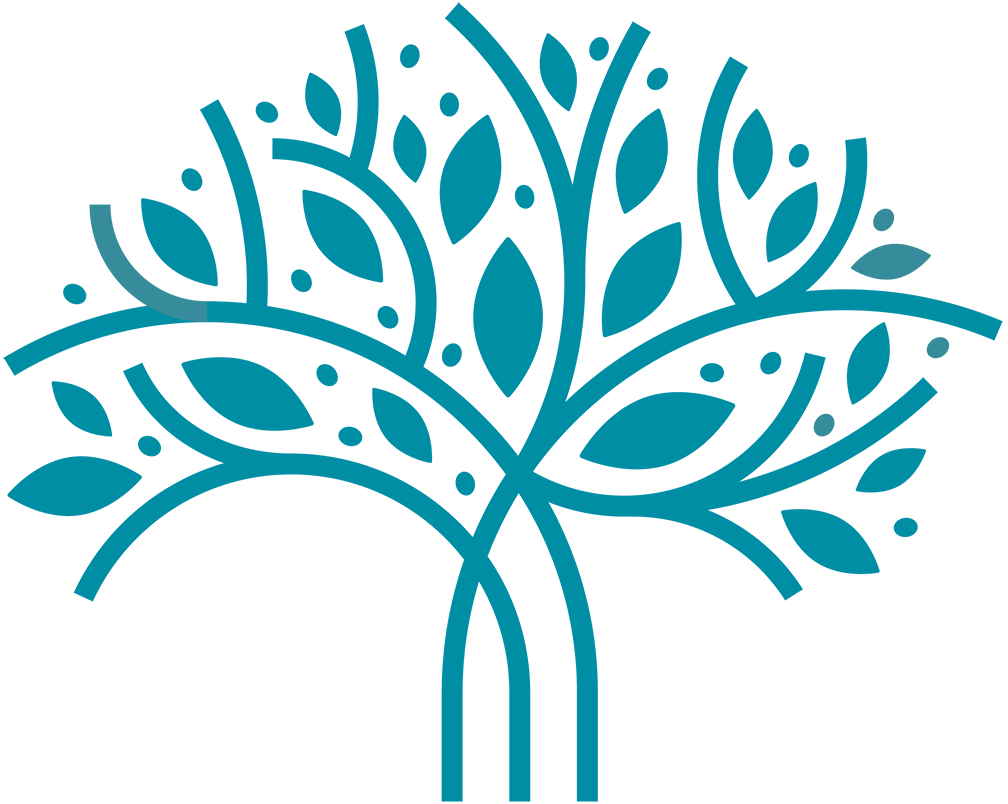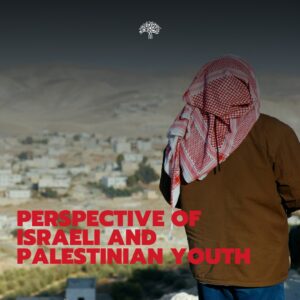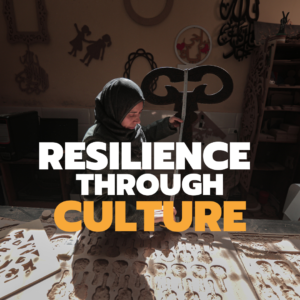Heritage, culture, and history are a big part of an individual’s identity. It is a part that connects them to a group of people who share the same social identity traits as them. Folklore is a vital aspect of tradition that helps people stay connected to the older generations and their ancestors through tales, songs, dances, and different art forms. Among Palestinians, the significance of folklore, especially today, provides them with a boost in morale and preservation of their cultural heritage. This article introduces the key aspects of Palestinian folklore tales along with the revival of folklore today.
The main themes of Palestininan tales and the role of women and nature
In 1989, Ibrahim Muhawi and Sharif Kanaana published a book, Speak, Bird, Speak Again, in which they included forty-five tales of Palestinian folklore. Between 1978 and 1980, they visited Galilee, the West Bank and Gaza and listened to countless tales. However, they chose to include the forty-five most popular tales that can highlight the many aspects of Palestinian society. Folklore tales are traditionally narrated by old women, for authority and credibility and run in five main categories; individuals in society, family life and marriage, society as a collective, the environment, and the universe.
One of the tales included in the book is named The Old Woman and Her Cat. It is a story about cooperation and interdependence. The story becomes a great example of a recurring theme, “the theme of nature versus culture“. In Palestinian folklore, the cat is often used emblematically to typify the sort of creature that, no matter how refined it appears to be, still preserves its wild nature. Specifically, the cat who at the beginning of the story is taken over by her wild nature, soon comes to realise the importance of a cohesive social mechanism for stability and peace. A commonly tamed and domesticated animal, the cat still has a natural instinct that disrupts social norms, and as a result, loses her tail. To get it back, the cat has to follow the social norms and understand the importance of domestication for the general good.
The Louse is a brilliant story that highlights sympathy and the importance of collectivity in society. With many stories focusing on peaceful means for the endurance of the collective, one has to apprehend the roots of these tales. There are tales born out of religious and regional traditions, but there are also tales born over the last century, to construct harmony among the people. They do establish unity and uplift the collective. Likewise, with songs made out of poems and their beloved dabke dance, throughout the years, the heritage continues and grows. When dabke dance was used mostly to celebrate weddings in the summer and community celebrations, it now aims at reviving Palestinian folklore and offer moral support.
Mashael Alfan: Gaza’s first female band
Today in Gaza, the first female band, Mashael Alfan, is aiming at showcasing the Palestinian culture but also transform the norms that limit female participation in arts, especially in art’s most emotional aspects.
The lack of female empowerment is still an issue that a lot of Palestinian women are facing. In a handful of tales in Speak, Bird, Speak Again, women are usually objectified or reduced for their intellect. However, it will be very interesting to observe how young girls today, by participating in the spreading of the folklore movement, are going to change their place in society and consequently, help their communities. “The advancement of female cultural and arts groups such as Mashael Alfan is absolutely a way to empower and activate women’s roles in society away from the traditional stereotypes that restrict them to certain roles.”
The tales chosen in the book are a great tool to spread an aspect of the Palestinian culture that despite being often neglected it still remains vital for its survival. Observing the new traditions young girls create in today’s society is also a fascinating aspect of how culture strengthens social bonds. Hence highlighting that efforts to independence and peace do not necessarily have to come through armament, they can come through art, which can solace the pain and the suffering.
You can access the book by Ibrahim Muhawi and Sharif Kanaana here.
Lydia Alaiadi




